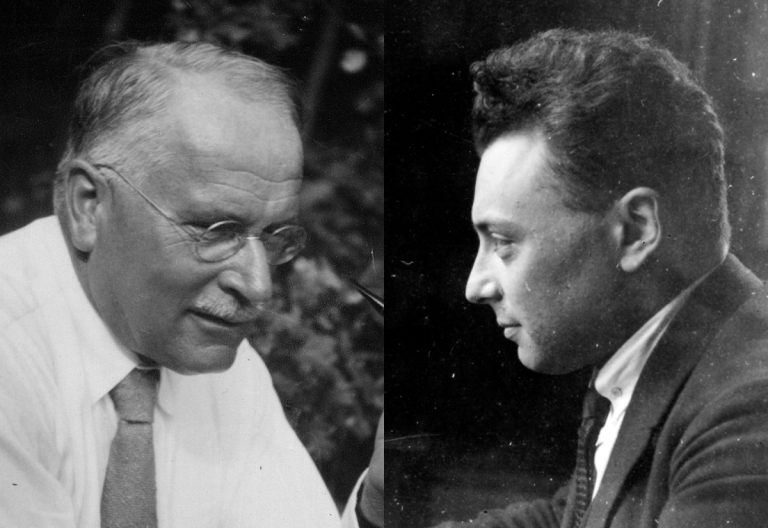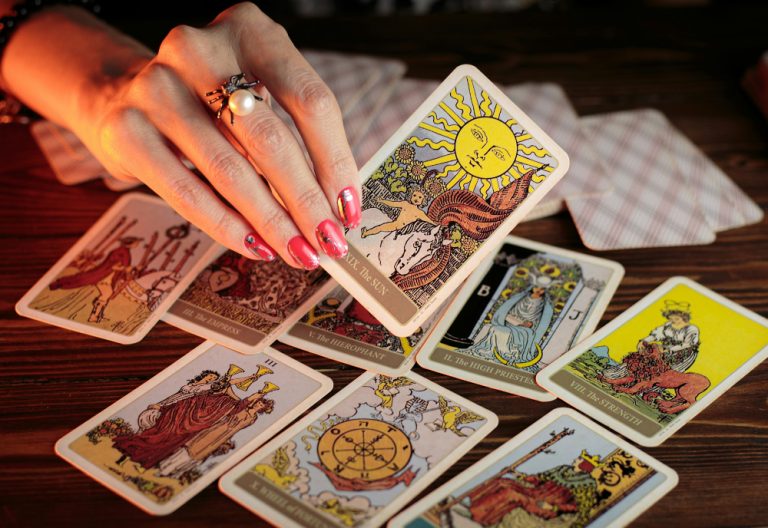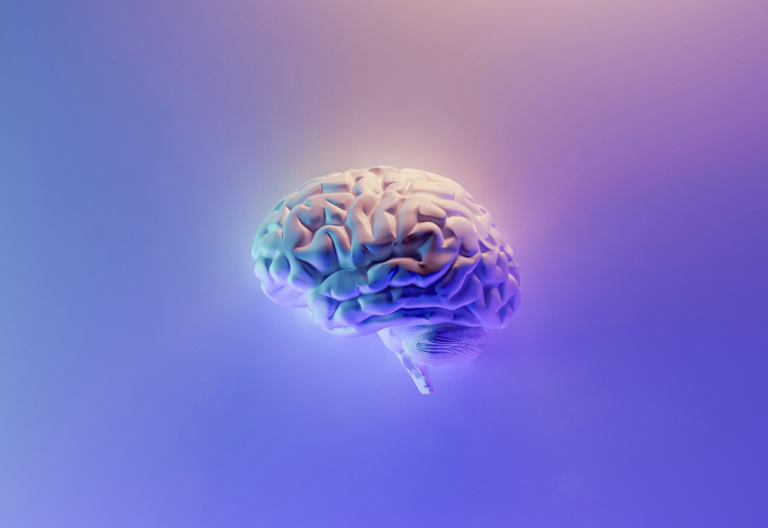Philosophy & Psychology
Pauli, Freud and Jung: A revolution in the world of psychology
Jack Dikian
22/04/2025
By the end of 1930, Austrian-born theoretical physicist Wolfgang Pauli was experiencing a cascade of troubles that had begun almost ...
Continue reading →
How paranormal beliefs help people cope in uncertain times
Neil Dagnall
15/04/2025
Paranormal beliefs create a sense of control, predictability and comfort in uncertain times, according to academic studies. That doesn’t explain why ...
Continue reading →
How to improve your critical thinking skills
Peter Ellerton
07/04/2025
There is a Fox News headline that goes like this: ‘Transgender female runner who beat 14,000 women at London Marathon offers ...
Continue reading →
The decisions we make
Elizabeth Dangerfield
17/03/2025
The new year is well and truly over, and most Australians are back to their normal lives. Which is another ...
Continue reading →
Are our thoughts ‘real’?
Sam Baron
10/03/2025
You can doubt just about anything. But there’s one thing you can know for sure: you are having thoughts right ...
Continue reading →
The quest to extend human life
Richard Gunderman
03/03/2025
“Who wants to live forever?” Freddie Mercury mournfully asks in Queen’s 1986 song of the same name. The answer: quite ...
Continue reading →
How psychologists kick-started AI by studying the human mind
Armita Zarnegar
03/02/2025
Many people think of psychology as being primarily about mental health, but its story goes far beyond that. As the ...
Continue reading →
Can you choose to believe something, just like that?
Mark Boespflug
18/12/2024
Some years ago, I was in a lively conversation with a software developer about arguments for and against God’s existence. ...
Continue reading →
Can reason survive in a sea of emotion?
Elizabeth Dangerfield
14/12/2024
We are facing the growing challenge of how to respond incisively and effectively to curb the movements away from rational ...
Continue reading →
Can we save liberalism by becoming better liberals?
Thomas Lalevée
06/11/2024
Liberalism is at a turning point. The rise of the far right in Western democracies has challenged liberal values and ...
Continue reading →
Why we haven’t solved the smacking issue
Gary Bakker
02/11/2024
An article appeared in my local newspaper in Tasmania recently on the issue of smacking children. I’m sure you’ve seen ...
Continue reading →
Are our choices pre-determined?
Jonathan Meddings
16/10/2024
As I write these words, could I be writing something else? It seems intuitive to think I could. If I ...
Continue reading →












